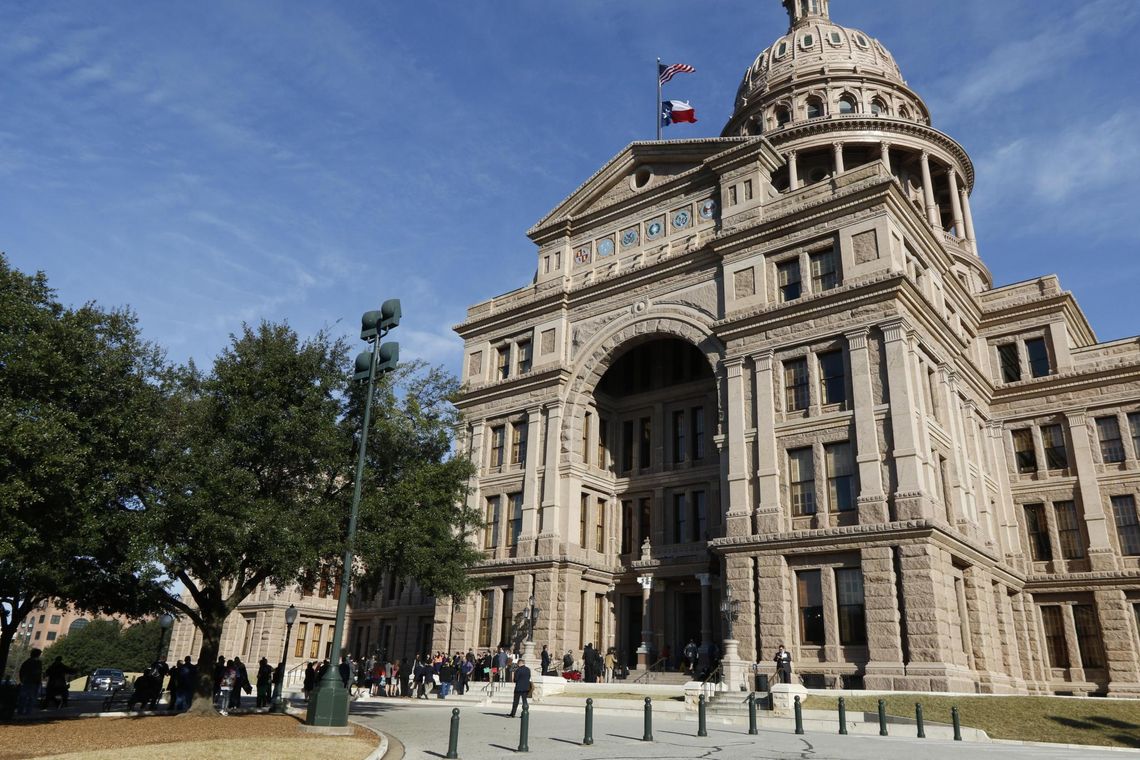Two bail reform bills are making their way through the Texas Legislature, proposing reformative measures that will keep more people in jail before trial and place limitations on nonprofit bail funds. In Hays County, this might mean spending more tax dollars housing people in jail.
Senate Bill 21 was passed out of the Senate on April 14 with a vote of 23-8, and has been referred to the House Criminal Jurisprudence Committee. A committee hearing date has not been set yet.
The bill is a priority for Lt. Gov. Dan Patrick and aims to make it more difficult for people who have been accused or previously convicted of violent crimes to get out on bail. Authored by Sen. Joan Huffman (R-Houston), SB21 would toughen the standards for pretrial release and require the review of a defendant’s criminal history. It would also allow counties to create discretionary schedules for bail amounts for certain offenses.









